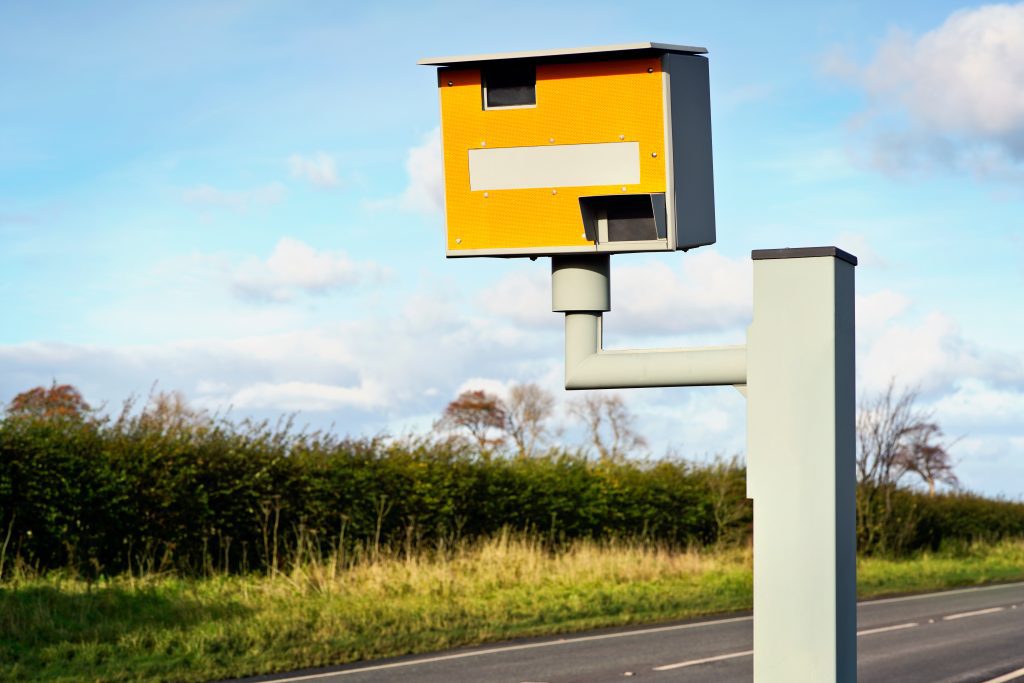Ever since the first digital speeding cameras were set up in the 1990’s, the police have issued thousands of those dreaded speeding fines each year and they are among the most frequently committed driving offences in the UK, along with drunk driving and using your mobile phone whilst driving. If you want to plead guilty to a speeding fine, you may be offered a speed awareness course and/or receive a fixed penalty notice to pay. But, what should you do if you think you’ve been unfairly handed a speeding ticket? Read on to find out how to appeal a speeding fine.
What happens when you are issued a speeding ticket?
Once you are caught speeding, you should receive what is called a Notice of Intended Prosecution (NIP) which details the time, date and location of the offence. The police must issue a NIP within 14 days of the alleged offence. There will also be a 172 notice attached which you need to fill in to verify if you were the person driving the car at the time and if you accept the speeding fine.
Why would you appeal a speeding fine?
There are several reasons why you may want to appeal a speeding ticket fine:
- It was issued to someone other than the intended recipient.
- No speed limit sign where the offence took place.
- The NIP was not sent within 14 days of the alleged offence.
- You think the fine does not reflect the severity of the offence.
- You had to speed due to ‘exceptional circumstances’.
- You want to dispute the accuracy of the average speed camera.
PLEASE NOTE: Disputing a speeding fine will mean you have to go to court. It is advised you only do so if you are truly confident you have accurate grounds to appeal.
Speed Camera Myths - True or False?
How to appeal a speeding fine in 5 steps:
If you do want to appeal, you must do it in writing, stating the reasons you think the charge is inappropriate. You should also fill in the form that is sent to you with the driver’s information and send it back within 28 days. Be aware that this is a legal requirement regardless of the course of action you are going to take!
NOTE: Defences such as you didn’t know you were speeding, you weren’t intending to speed or you only sped for a short period of time won’t be taken into consideration.
- Reply to the NIP and state you would not like to plead guilty to the driving offence. You will then be contacted by the magistrate’s court with a court summons.
- You can choose to represent yourself in court but it is risky so we recommend finding a solicitor to help you.
- Prepare for your court date and make sure you’ve got all the evidence ready to support your case.
- Once you’ve attended the court date, you will receive a verdict on the appeal on the day or in the post shortly afterwards. This decision will be final, even if it does not go your way.
- If your appeal is successful, your speeding ticket will be overturned. However, speeding tickets rarely get overturned.
Before contesting your speeding fine, you should always seek legal advice from a lawyer who specialises in motoring law. It is also worth noting that experts say that less than 1% of speeding fines are contested and only half of those appeals are successful so this may be something to consider before you appeal against your fine.
Like this article? Find out how to appeal a bus lane fine too!

